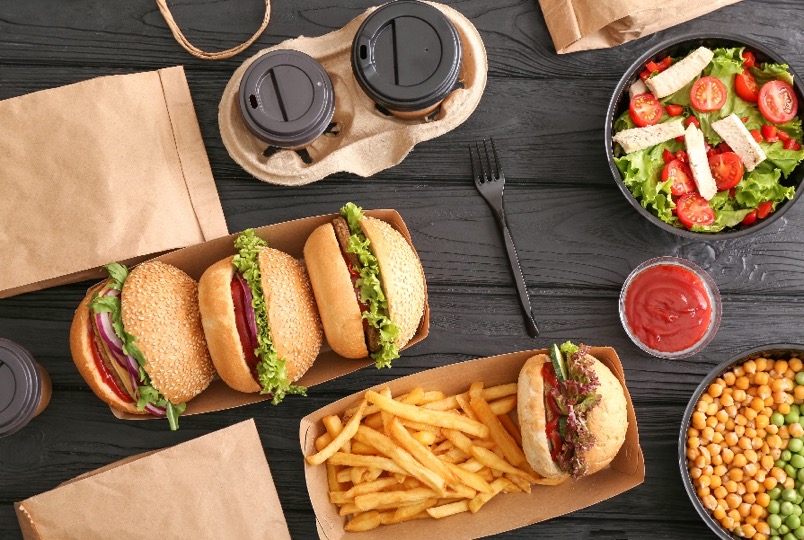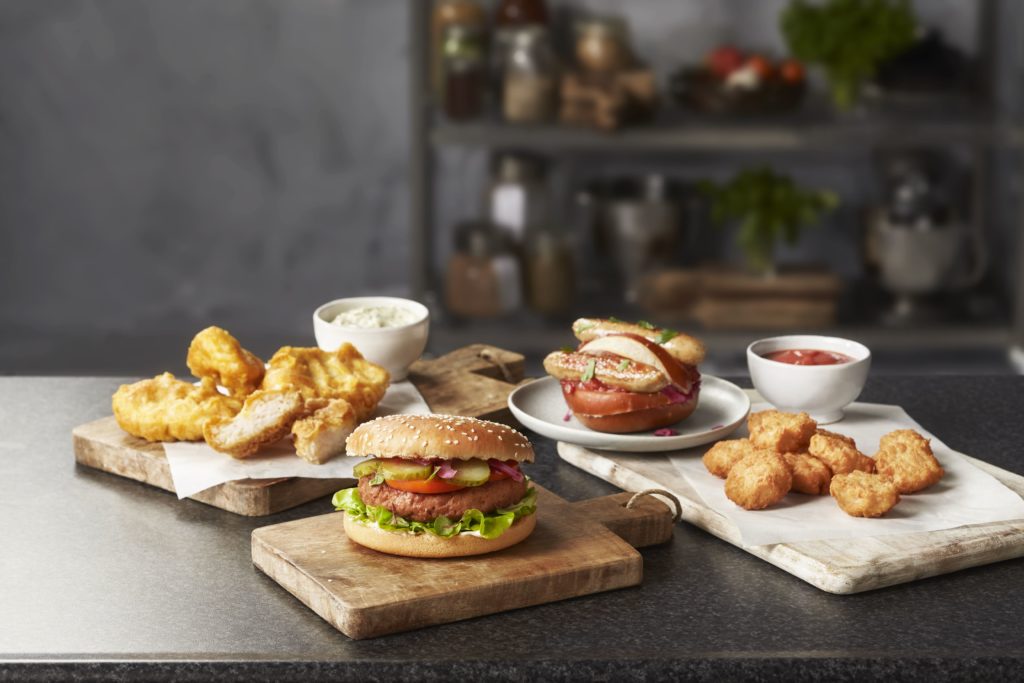Foodservice: Creating indulgent experiences and building trust
Introduction
The foodservice market continues to face challenging conditions. Although the industry is benefiting from consumers increasing their dependence on out-of-home venues for convenience and indulgence purposes, the cost-of-living crisis is still affecting spending in the foodservice channel. FMCG Gurus research shows that consumers visiting high street or takeaway outlets are looking for high quality produce. This includes affordability/value and a sense of occasion when choosing the location of purchase.

Indulgence-led foodservice experiences
Capturing consumer attention within the foodservice channel can be difficult. This is especially true at a time when consumers are exposed to more choice than ever before. This can be seen both on the high street and via direct-to-consumer delivery channels. Seven in ten global consumers surveyed stated that they are looking for products that excite them at a foodservice outlet. This highlights the importance of offering a memorable experience which could encourage consumers to trade-up. Consumers are most interested in indulgent and hedonistic experiences. This aligns with the larger trend of people turning to food and drink for escapism during an era of anxiety and global uncertainty. Menu innovation continues to be of high importance. Therefore, when appealing to consumers considering which outlets to visit, new offerings should be positioned as offering a premium experience.

Trust, transparency and perceptions of value
For consumers, trust and transparency is synonymous with value. This is because consumers feel that maximum care and attention has been given to creating authentic products. Trust can also encourage trade-up if consumers think prices are because of brand philosophy rather than profit maximization. When asked what makes a foodservice outlet more trustworthy, global consumers were most likely to identify “transparency over how products are made” (81%). In addition, 69% of consumers said “ethical/environmental credentials”. These attributes are interlinked and highlight the importance of foodservice outlets being seen to be acting in an ethical and honest manner along the supply chain.
These attitudes towards the environment and sourcing ingredients will reflect the quality and attentiveness they put into the making of products. Perceptions of premium are also likely to be swayed by ethical credentials and natural, high quality ingredients. This further emphasizing the link between trust and quality and how consumers are attentive to ingredients, using this as a benchmark for shaping perceptions of quality.
Brand voice and strategic storytelling
Outlets should look to emphasize brand values and provide the story behind the products sold. This includes the sourcing of ingredients and the creativity around the creation of recipes to highlight to consumers that products are the real deal and worth trading-up on. A strong brand voice and heritage will contribute towards the consumer experience, creating a memorable occasion and encouraging repeat visits.




